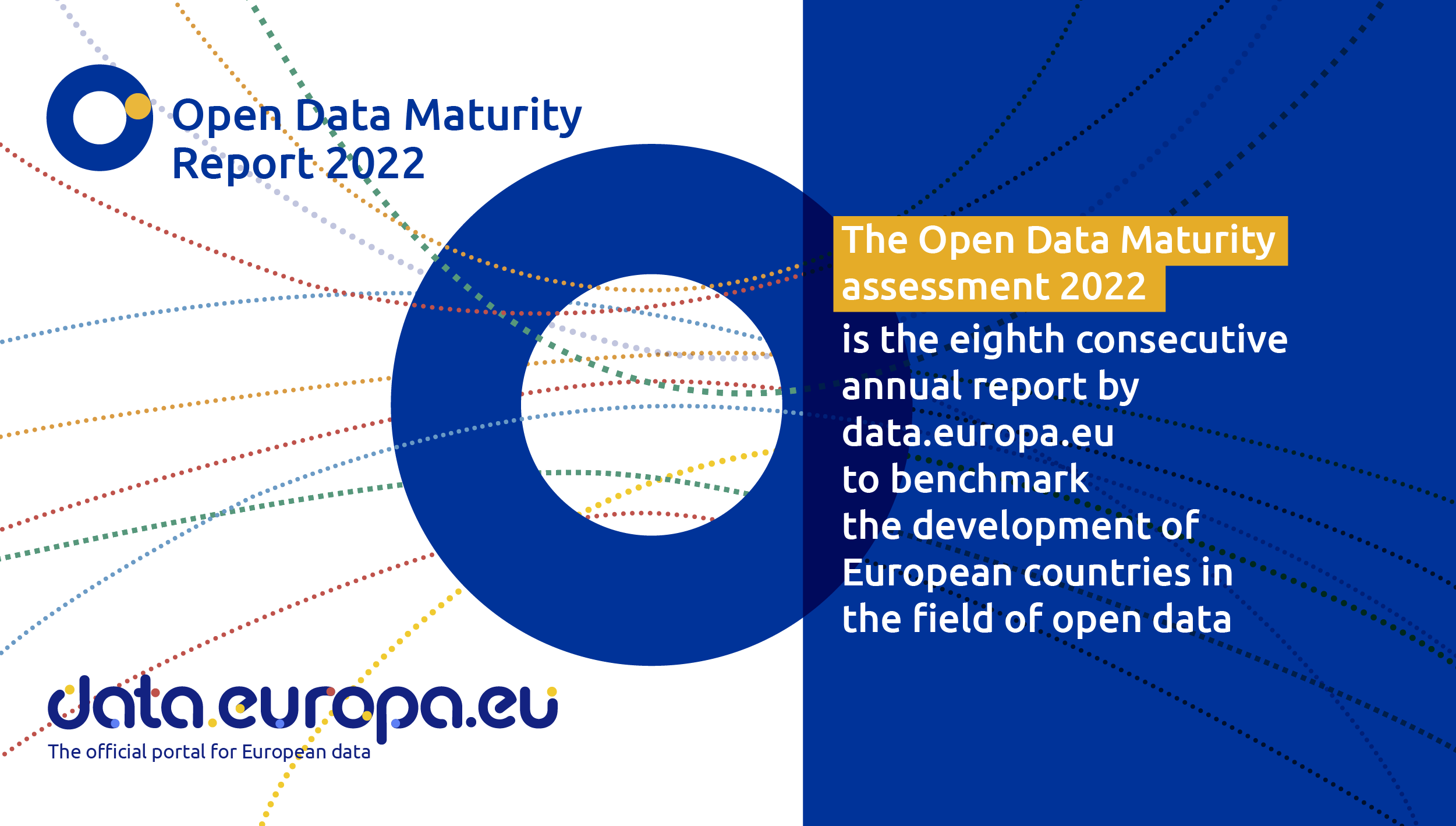5 posts found
Invisibilisation and algorithmic discrimination
Digital technology and algorithms have revolutionised the way we live, work and communicate. While promising efficiency, accuracy and convenience, these technologies can exacerbate prejudice and social inequalities exacerbate prejudice and social inequalities and create new forms of exclusion and cr…
Spain, one of countries that is an open data trendsetter
Like every other year, the EU Open Data Portal has just published the results of its report Open Data Maturity 2022. It is a study that assesses the maturity of European countries in the field of open data and it provides an overview of the good practices followed in Eu…
Open image repositories for training AI models
Perhaps one of the most everyday uses of artificial intelligence that we can experience in our day-to-day lives is through interaction with artificial vision and object identification systems. From unlocking our smartphone to searching for images on the Internet. All these functionalities are possib…
Success stories of data exchange between organizations
The "Support center for data exchange”(Support Center for Data Sharing or SCDS in English) was born in 2019 as part of the European strategy to promote a common data ecosystem. It is a space to investigate and report on the practices of so-called data sharing, which they themselves define as “transa…
Digital skills in Europe: the use of ontologies to improve the search for candidates
The increasing concern of European authorities for the management of digital skills among the working population, especially young people, is a growing reality whose management does not seem to have an easy solution.
“The internet and digital technologies are transforming our world. But existi…




